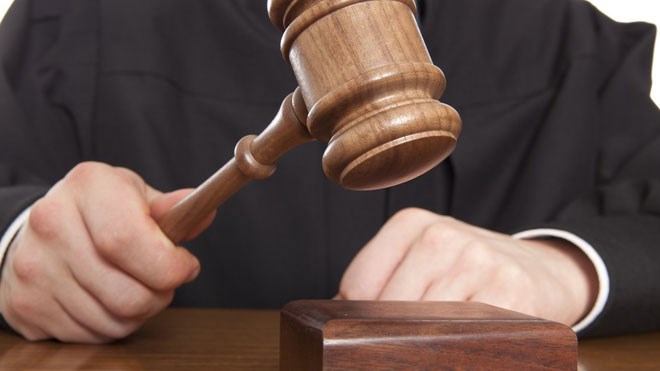A Toronto man caught drunk driving on Paris Street in 2014 should have been found guilty, despite a delay in him taking an Intoxilyzer test, an appeals judge has ruled.
The man initially beat the charge at trial in 2016 when the judge ruled that police had not given the man the test as “soon as practicable,” as required by the Criminal Code. The trial judge ruled that police could not justify 37 minutes of the 70 minutes between the man's arrest and him taking the test.
The 37 minutes constituted an “unreasonable delay,” the trial judge ruled, and the man was acquitted.
The issue is important, because the tests must be administered quickly to ensure the Crown can prove that the accused was impaired at the time they were driving, not just when they took the test. Courts have ruled that, while delays up to two hours are acceptable, police must prove they administered the test without any unreasonable delays.
In this case, the defence lawyer argued that the arresting officer's repeated attempts to ensure the man knew he had a right to a lawyer – which took 11 minutes – was unreasonable.
The man appeared to decline his right to a lawyer, but his responses were ambiguous enough that the police officer asked repeatedly, and the man eventually did contact a lawyer.
The trial judge ruled that, once the accused said 'no,' there was no reason to keep asking and delay the test. But the appeals judge disagreed for two reasons.
One, the test was ready at 1:49 a.m., and the man took the test three minutes later. So the actual delay was very short.
More important, he wrote that there's a high threshold courts have placed on police to ensure that anyone under arrest understands their rights.
In this case, when the man was asked if he wanted a lawyer, he replied, “No, I'm from Toronto.” When the officer asked a second time, he responded “OK, whoever.”
The officer testified that, in the past, people from out of town don't understand they can contact a local lawyer, so he asked again.
“This last exchange provides evidence of the officer’s motivation for repeating the right to counsel and taking steps to implement that right,” the appeals judge wrote.
“He was not sure that the respondent fully appreciated what was available to him. In other words, the officer, at that point in time, had not formed the opinion that the respondent had expressed a clear and unequivocal waiver.”
The judge also took issue with the ruling that said the nine minutes it took to leave Paris Street and get to the police station was unreasonable. While police said they had to wait for someone to take the driver's vehicle off a busy Paris Street, the trial judge said a lack of detail of when someone actually arrived meant the nine minutes was unexplained.
But the appeals judge said that prior court rulings don't require police to account for every minute. Police laid out the sequence of events – they called the station to get the Intoxilyzer test turned on, called for a tow truck and for backup officers, waited for them to arrive and then left for the police station.
The trial judge also ruled that the six-minute delay between arriving at the police station and the accused being led into the station was unreasonable. But the appeals judge ruled that police were simply doing the normal things required to prepare for the test, such as inputting information and calibrating the test.
In all, the appeals judge found that only nine of the 37 minutes were unexplained. Considering that's a much shorter timeframe, and that police don't have to account for every minute, the judge ruled the nine minutes were not unreasonable.
“Considering the whole chain of events, in the context of the outside limit of two hours permitted by the Criminal Code, from the time of the arrest to the taking of the first sample, and, applying the 'as soon as practicable' requirement with reason, the only reasonable conclusion to be reached is that the tests were taken as soon as practicable,” he concluded.
“The appeal is granted, and the acquittal is set aside. Based on the Intoxilyzer readings, the offence of over 80 mgs is made out. I will substitute a conviction to the offence.”
